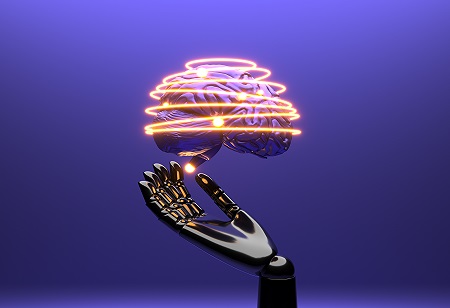
RAK DAO and Humans.ai Collaborate To Drive AI Innovation In The UAE

 To usher in a new era of artificial intelligence innovation in the UAE Emirate of Ras Al Khaimah, RAK Digital Assets Oasis and Humans.ai have formally partnered. In the world's first and only Free Zone devoted to multinational digital and virtual assets companies, the signing of a Memorandum of Understanding (MOU) heralds the start of an operational cooperation that promises to transform the landscape of AI technology in the area.
To usher in a new era of artificial intelligence innovation in the UAE Emirate of Ras Al Khaimah, RAK Digital Assets Oasis and Humans.ai have formally partnered. In the world's first and only Free Zone devoted to multinational digital and virtual assets companies, the signing of a Memorandum of Understanding (MOU) heralds the start of an operational cooperation that promises to transform the landscape of AI technology in the area.
With the help of this strategic alliance, the first AI-focused businesses to establish a presence in Ras Al Khaimah will receive special incentives and benefits. AI firms in RAK DAO will have access to the ecosystem of its partners, which grants members access to services provided through the ecosystem network. These services include access to toolkits, Dapps, and tech solutions like Humans, investment opportunities through grant programs and venture capital partners, banking, and licensing.
In order to provide a strong blockchain framework that empowers AI enterprises in RAK DAO and ensures they can securely govern and execute their AI models with transparency, RAK DAO teamed with Humans.ai and its distinctive blockchain for AIs. Additionally, businesses will gain from having complete access to the Humans.ai network, its services, tools, and comprehensive tech support to improve their operational effectiveness and increase their capacities.
"We are thrilled to embark on this transformative journey with RAK DAO," expressed Sabin Dima, Humans.ai’s Founder and CEO. "This strategic partnership between Humans.ai and Ras Al Khaimah Emirate marks an important milestone in fostering innovation, technological advancement, and economic growth. By synergizing the blockchain and AI expertise of Humans.ai and the visionary support of Ras Al Khaimah, the RAK DAO initiative will create an ecosystem that encourages entrepreneurship and AI adoption in the region, making a lasting impact on the global AI landscape."

